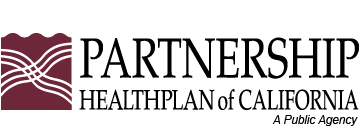Know the Facts about Heart Disease (Fact Sheet)
Symptoms of a Heart Attack
The National Heart Attack Alert Program notes these major signs of a heart attack:
Chest discomfort: Most heart attacks involve discomfort in the center of the chest that lasts for more than a few minutes, or goes away and comes back. The discomfort can feel like uncomfortable pressure, squeezing, fullness, or pain.
Discomfort in other areas of the upper body: Can include pain or discomfort in one or both arms, the back, neck, jaw, or stomach.
Shortness of breath: Often comes along with chest discomfort. But it also can occur before chest discomfort.
Other symptoms: May include breaking out in a cold sweat, nausea, or light-headedness. If you think that you or someone you know is having a heart attack, you should call 911 immediately.
Know the Facts about a Stroke (Fact Sheet)
A stroke occurs when there is not enough blood supply to your brain. Strokes are caused by one of the following:
1. A blood clot blocks an artery from providing blood to your brain
2. A blood vessel (tube) breaks, interrupting flow of blood to your brain
When your brain does not get enough blood, no oxygen is getting to your brain, brain cells begin to die. Abilities once controlled by the affected area in the brain will be lost. Frequently, this affects your speech, movement, and memory.
The National Stroke Association developed the FAST test to help determine if a person is suffering from a stroke:
F = Face: Ask the person to smile. Does one side of the face droop
A = Arms: Ask the person to raise both arms. Does one arm drift downward?
S = Speech: Ask the person to repeat a simple sentence. Does the speech sound slurred or strange?
T = Time: If you observe any of these signs, call 9-1-1 or get to the nearest stroke center or hospital.

